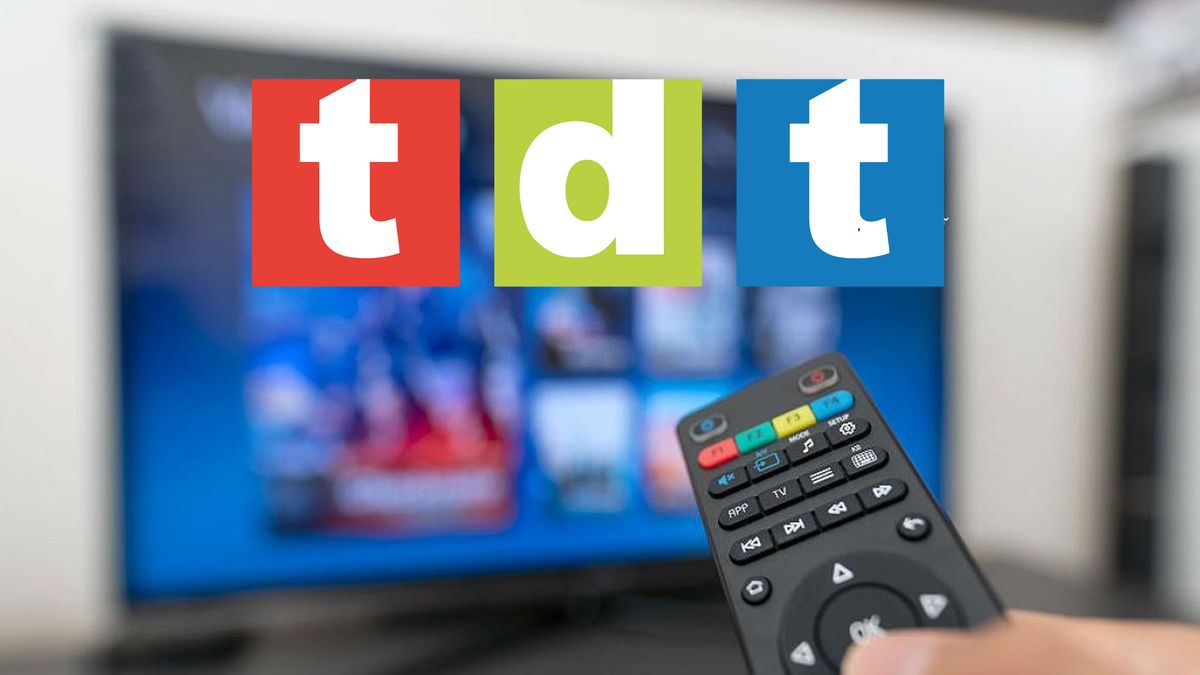This is how the AI law will affect Spain: What will happen to ChatGPT?

In a historic and quite expensive milestone, The European Union has reached a provisional agreement on the world’s first comprehensive artificial intelligence law. After three days of intense negotiations, the Member States and the European Parliament reached a consensus that still requires ratification, but is expected between effective at the end of 2026.
This regulation seeks to establish standards to guarantee security and respect for fundamental rights in the use of artificial intelligence, turning the EU into a global benchmark in the regulation of this technology that continues to evolve and grow exponentially.
The Spanish presidency of the Council of the EU stated that the objective of the law is to ensure that AI systems used in the EU are safe and respect European values. Flexibility is a key feature of this “future-proof” legal framework, designed to regulate as yet unknown functions and technologies and adapt to changes in existing ones.
For the moment, and seeing that until 2026, if everything continues well, there will be nothing firm, Spain can rest assured regarding what will happen with tools like ChatGPT, but How can this regulation affect the future of AI in the country?
Don’t worry, the EU will allow you to continue using ChatGPT when the Artificial Intelligence Law comes into force
It is key to first start with what this law considers dangerous. Say that the regulations establish a crucial classification according to the risk it represents, dividing it from “minimal risk” to “unacceptable risk”, something that has been talked about for several months now.
Having this clear and despite the fact that initially it was considered to include ChatGPT at the almost highest level of the list, finally It seems to remain in the “minimal risk” position, where, according to the EC, almost all current systems will be placed.
“Minimal risk applications, such as AI-based recommendation systems or spam filters, will benefit from a free pass and no obligation, as these systems pose little or no risk to rights or security.” of the citizens,” he states in the statement.
Yes indeed, clarify that this OpenAI tool will be specifically placed in a special risk that will demand greater transparency from the company.
Users should be aware that they are interacting with an artificial intelligence, and all content generated with ChatGPT should be labeled as “artificially generated or manipulated.” This label will be mandatory in Spain and the entire European Union for images created, for example, with DALL-E 3 or Midjourney or texts generated with the chatbot.
Despite these new regulations, ChatGPT seems like it will not change, something, at least initially, in Spain. OpenAI will simply have to comply with regulations of data protection, revealing how they use the information they use to improve the chatbot and the content that is generated with it.
They will have to be very careful, since the fines range from 35 million euros or 7% of the company’s global turnover to 7.5 million euros or 1.5% of the volume.



